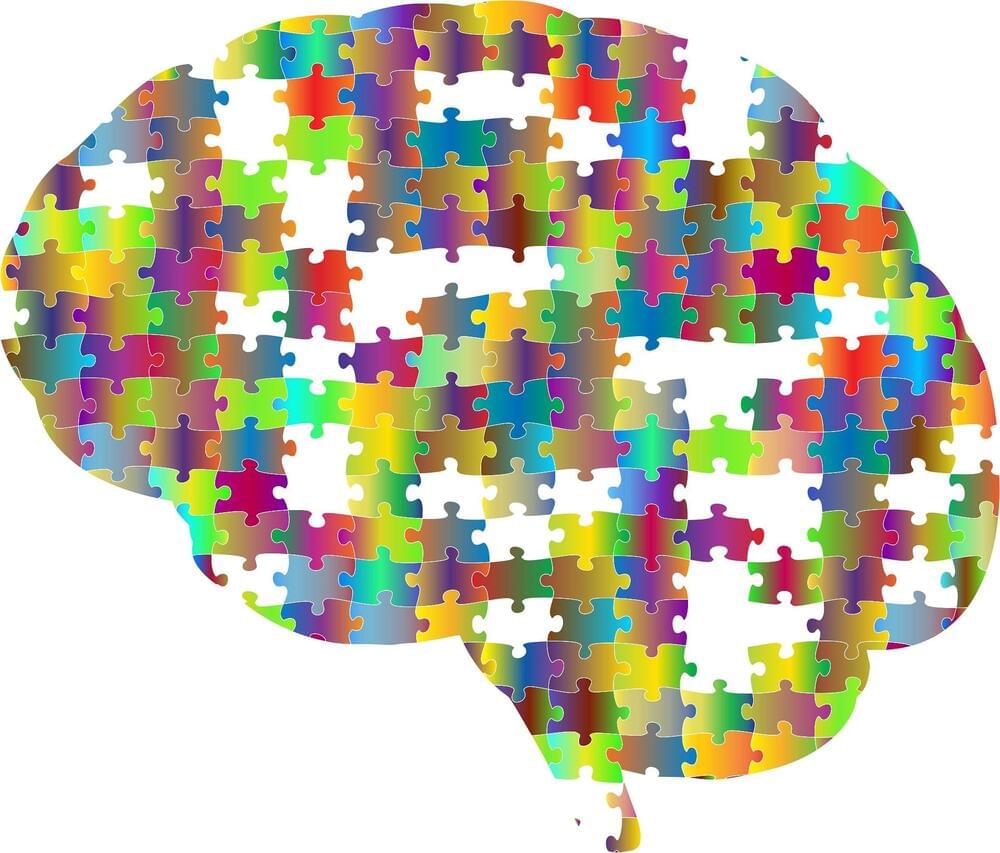You can grasp a hand. You can also grasp a concept. One is literal. One is metaphorical. Our brains know the difference, but would we be able to understand the latter without the former?
Previous studies have suggested that our understanding of metaphors may be rooted in our bodily experience. Some functional MRI, o fMRI, brain imaging studies have indicated, for example, that when you hear a metaphor such as “she had a rough day,” regions of the brain associated with tactile experience are activated. If you hear, “he’s so sweet,” areas associated with taste are activated. And when you hear action verbs used in a metaphorical context, like “grasp a concept,” regions involved in motor perception and planning are activated.
A study by University of Arizona researcher Vicky Lai, published in the journal Brain Research, builds on this research by looking at when, exactly, different regions of the brain are activated in metaphor comprehension and what that tells us about the way we understand language.










Comments are closed.